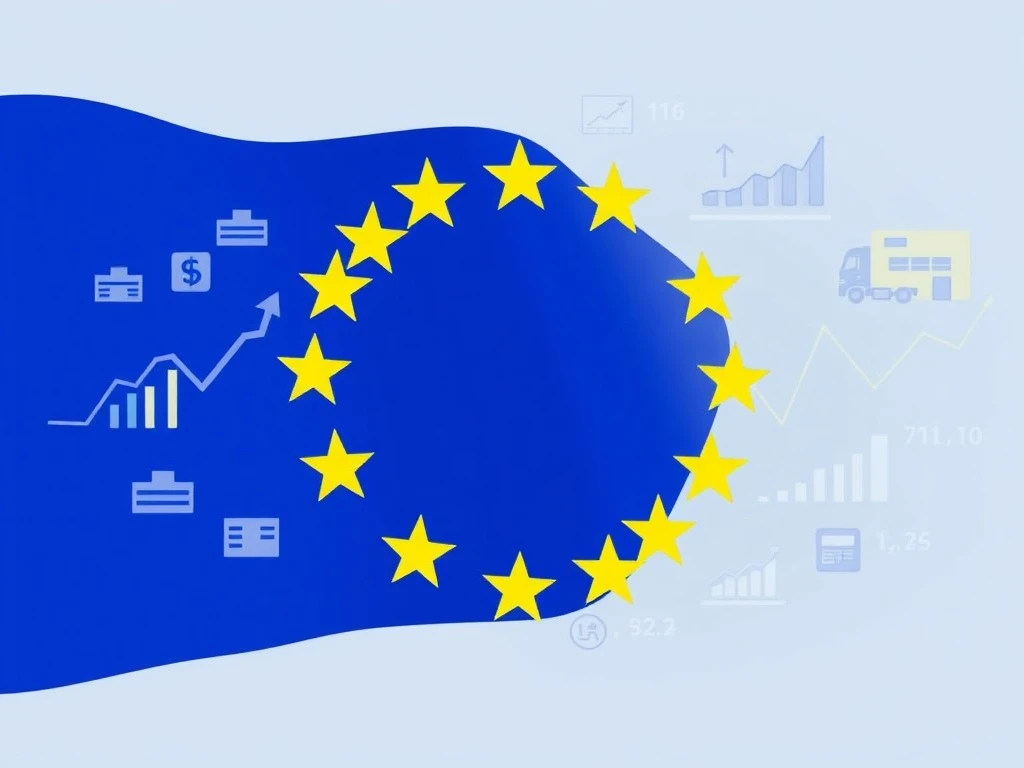Fitch Ratings Reveals EU Tariffs Won’t Shake Sovereign Ratings – Economic Resilience Prevails

In a world where global trade dynamics are constantly shifting, the European Union’s latest tariff measures have sparked debates. But here’s the good news: Fitch Ratings affirms these tariffs won’t destabilize sovereign ratings. For crypto investors eyeing macroeconomic trends, this is a crucial insight into the EU’s economic resilience.
Why EU Tariffs Won’t Derail Sovereign Ratings
Fitch Ratings has analyzed the impact of new EU tariffs on electric vehicles and other imports, concluding that sovereign ratings remain stable. Here’s why:
- Limited Fiscal Impact: The direct financial burden on EU member states is minimal.
- Economic Diversification: Robust sectors like services and advanced manufacturing offset potential downturns in affected industries.
- Phased Implementation: Gradual tariff rollout allows businesses to adapt supply chains smoothly.
The Role of Economic Resilience in Trade Dynamics
Fitch highlights the EU’s ability to absorb trade shocks due to:
- Strong governance frameworks
- Access to deep capital markets
- Adherence to fiscal discipline
These factors, combined with the EU’s internal market, act as a buffer against external volatility.
What This Means for Investors and Policymakers
Fitch’s outlook offers reassurance for those monitoring EU trade dynamics:
- Short-term trade adjustments are unlikely to destabilize economies.
- Long-term competitiveness in domestic industries could improve.
- Vigilance is needed against inflation and retaliatory measures.
Conclusion: A Balanced Outlook on Sovereign Ratings
Fitch’s assessment underscores the EU’s resilience amid global trade shifts. While tariffs pose sector-specific challenges, the bloc’s diversified economies and institutional strength provide stability. For now, sovereign ratings remain unscathed—but continuous monitoring is essential.
Frequently Asked Questions (FAQs)
1. Will EU tariffs lead to higher borrowing costs for member states?
No, Fitch expects limited fiscal impact, keeping sovereign ratings stable.
2. Which sectors are most affected by the new tariffs?
Automotive manufacturing faces headwinds, but other sectors like services can offset losses.
3. How does economic diversification help the EU?
Diverse industries reduce reliance on any single sector, cushioning against trade shocks.
4. Could retaliatory measures change Fitch’s outlook?
Yes, prolonged trade disputes or global crises could alter the assessment.
5. What should investors watch for in the coming months?
Monitor inflation trends, policy responses, and supply chain adaptations.









